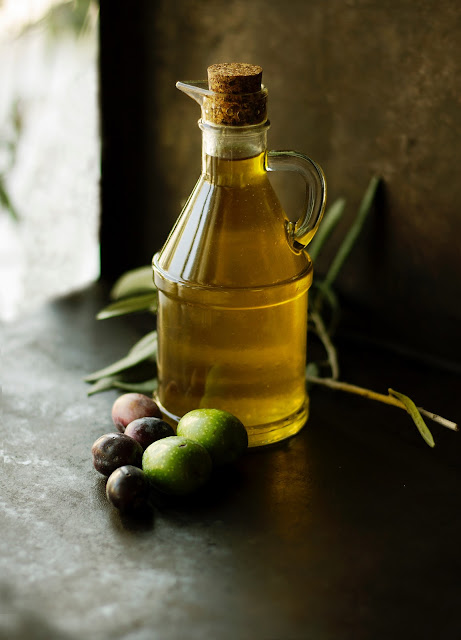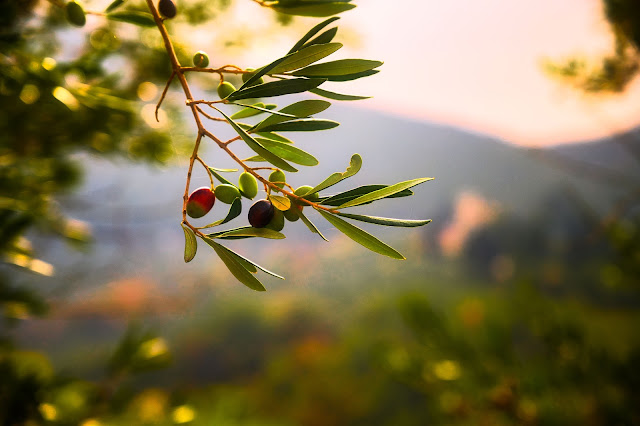When you've tried one olive oil you've tried... one olive oil. This is the beauty of this amazing natural product. The flavour, colour and viscosity changes between countries, producers and even regions. In the ancient world Homer called it "liquid gold" while Hippocrates named it "the great healer."
Olive oil has been used for centuries for cooking and enhancing food of course but also as perfume, soap, lights and medicine. It was even used to anoint the dead.
It's well known as an essential component of the Mediterranean diet and you can of course buy olive oil from pretty much all the countries in this area of the world. Cyprus where my mum lives produces olive oil and I always try to bring back some of the oil produced by the family of her friend Carmen. Italy, Greece and Spain are all known for their oil but for award winning olive oil you might want to look to Morocco.
This North African nation overlooks the Mediterranean sea to the north and the Atlantic to the west Morocco. Mild winters and warm dry summers make the ideal climate for growing olives.According to the International Olive Council, olives are the main fruit grown in Morocco, making up 65% of the country’s tree-growing land.
Browsing the shelves of the supermarket or deli, you might have noticed that there are different types of olive oil. To fully make the most of this nutrient and antioxidant rich product it would be useful to know how to make the best use of the different types.
Extra Virgin Olive Oil
This is the type of olive oil which is least processed. It comes from the first pressing and gives the most "olive" flavour. and is particularly rich in healthy antioxidants, heart healthy fats and vitamins E and K which plays a role in bone health, blood clotting, heart health and more.
You can drizzle it over salads, pasta or vegetables or use it in making salad dressings. Add it to dough recipes when you are making pizza or focaccia. It also makes a lovely dip for fresh bread - add a dash of balsamic for a fabulous dipping experience.Don't use it to fry or cook with as heat will destroy the flavour and it has a low smoking point.
Virgin or Pure Olive Oil
This is a milder and usually cheaper oil and is perfect for cooking with although not for deep frying! Although a more subtle taste you should still be able to distinguish between oils from different countries and regions so you might enjoy one for cooking and a different one for dipping or in salad dressings and marinades.

